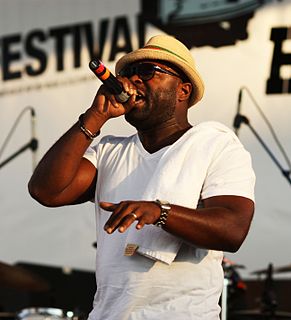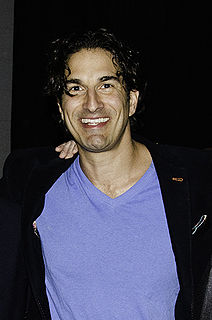A Quote by Ross Douthat
I think it is fair, in a way, to describe certain forms of Marxism, for instance, as the secular equivalent of a religion. But, I think the same is true, to a certain extent, of secular liberalism as well.
Related Quotes
I'm not against religion in the sense that I feel I can't tolerate it, but I think written into the rubric of religion is the certainty of its own truth. And since there are 6,000 religions currently on the face of the earth, they can't all be right. And only the secular spirit can guarantee those freedoms and it's the secular spirit that they contest.
I think that in a certain sense, we're concerned about the same issues. How do you accent the progressive, the prophetic, those things that are critical of all forms of injustice, all forms of bigotry, all forms of dehumanizing other people, and yet still allow for a certain kind of flow, linguistic flow, certain kinds of melodies and harmonies in the samplings that take place?
We need to employ a secular approach to ethics, secular in the Indian sense of respecting all religious traditions and even the views of non-believers in an unbiased way. Secular ethics rooted in scientific findings, common experience and common sense can easily be introduced into the secular education system. If we can do that there is a real prospect of making this 21st century an era of peace and compassion.
When the Chinese government tells its citizens that they can worship in a certain building on a certain day, but once they leave that building they must bow to the secular orthodoxy of the state, you have a cynical lie at work. They’ve substituted a toothless ‘freedom of worship’ for ‘freedom of religion’.
The same failure of liberalism is evident in Western Europe, where the dogma of multiculturalism has left a secular Europe very slow to address the looming problem of religious extremism among its immigrants. The people who speak most sensibly about the threat that Islam poses to Europe are actually fascists. To say that this does not bode well for liberalism is an understatement: It does not bode well for the future of civilization.
The bloody years of war and all the atrocities in European history have taught the Europeans that secular politics free of religious hatred is mainly a question of peace. This concept is not anchored in the same way in the consciousness of Turks, which has to do with the fact that the secular was forced upon us by the army.



































